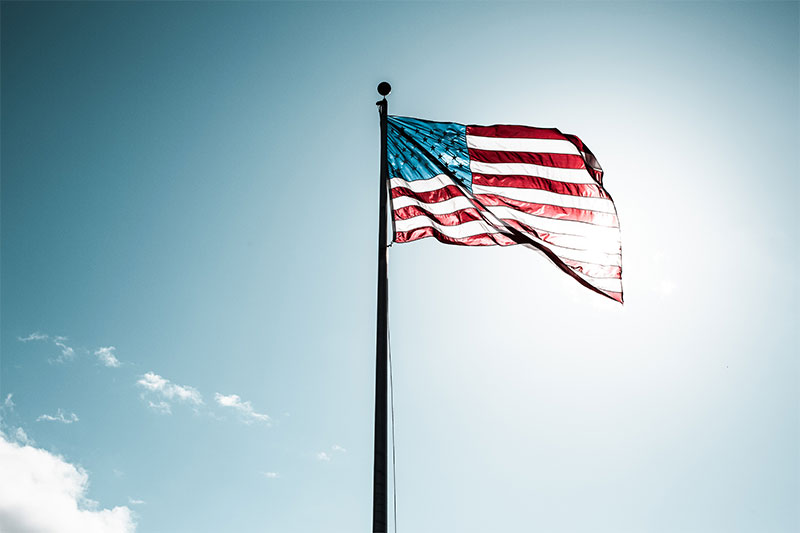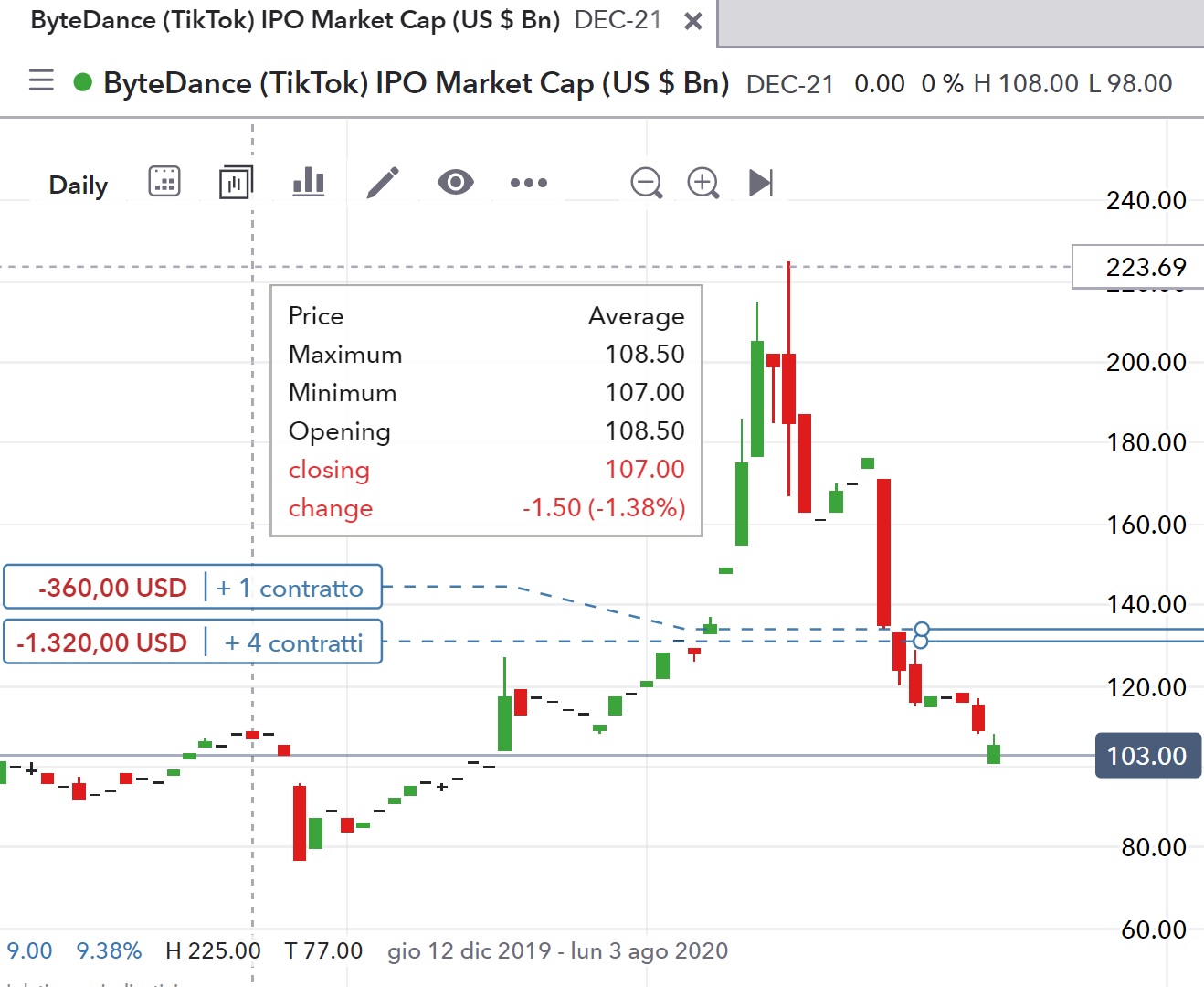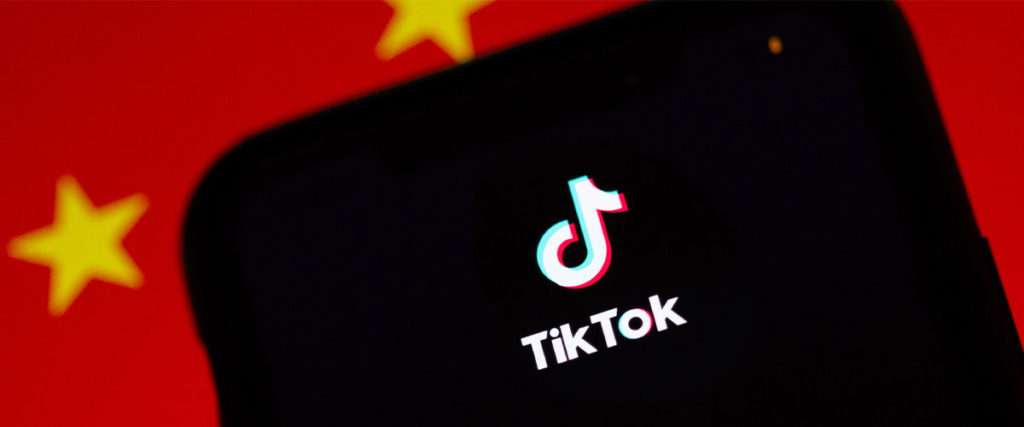Viral social media app TikTok has sparked major controversy, with the US government citing national security concerns. It remains to be seen, however, if it will be banned.
What is TikTok?
TikTok is a Chinese social media platform focused on music and short videos. Not dissimilar to the since-deceased video app Vine, short and snappy content is the crux of TikTok’s content. TikTok differs from Vine, however, in that the majority of videos are of people lip-syncing to famous songs or pieces of dialogue. The two platforms do share a similarity though: they have proven to be continuous meme engines for the online community, pumping out thousands upon thousands of funny, cringey, and adorable videos every hour.
The app is owned by ByteDance, a Beijing-based company founded in 2012. In September 2016, ByteDance first launched an app called Douyin for the Chinese market. TikTok would follow about a year later; essentially a stroke-for-stroke copy of the original app Douyin. TikTok was launched for iOS and Android in most markets outside of China. However, it only became available worldwide, including in the United States, after merging with Musical.ly in August 2018. TikTok’s popularity exploded in 2019, particularly amongst Gen Z demographics in the US and India, perhaps filling a gap left by the collapse of Vine.
More recently, and despite being marred with controversies, the app has experienced a second surge in popularity, likely due to the majority of the globe experiencing some form of quarantine or social distancing because of COVID-19. Isolation breeds ingenuity, it seems.

What’s happening with TikTok now?
It hasn’t been a completely smooth ride for TikTok, though. Given its direct association with China, the app has been accused of censoring content, collecting the personal data of its users, and putting children, who make up a vast majority of users, at risk of being spied on.
In late June of this year, the app took a huge hit after border clashes between China and India in the Galwan River prompted the Indian government to ban 59 Chinese applications, including TikTok, from the Indian market. With one-third of TikTok’s user base located in India, it’s safe to say that this was a titanic knock for the application.
In early July, in yet another China-related development, TikTok surprised many by announcing their own removal from the Hong Kong market after the new security law, which can compel tech firms to provide the government with user data, came into effect.
Then, in an apparent threat to its other largest market, US Secretary of State Mike Pompeo, a vocal critic of the CCP, announced on Fox News on 6 July that the US government was toying with the idea of banning TikTok from the US Market, citing privacy concerns. On 20 July, the House voted to ban TikTok on federal devices out of fear that it may be used by Chinese officials to spy on US lawmakers.
Just a day later, on 21 July, TikTok terminated negotiations with the UK government regarding relocating their headquarters to London. This was, perhaps, yet another symptom of the crumbling Anglo-Sino relationship, which took a turn for the worse after the British government announced plans to allow 3 million Hong Kong residents to essentially seek asylum in the UK following the implementation of Hong Kong’s new national security law.

Why a ban might be imminent
Since its emergence in the western market, TikTok has faced accusations of spying on users for the Chinese government. Given its reputation as the world’s most efficient surveillance state, it wasn’t hard for sino-sceptics to assume that TikTok was feeding back all of its user data to the CCP. In response to said accusations, TikTok has repeatedly asserted that all of their US users’ data is stored locally, on US soil, with a backup located in Singapore. Only the Chinese sister app of TikTok, Douyin, is subject to China’s strict censorship regulations, given that Douyin operates on servers within the People’s Republic of China.
Besides the issue of data collection, the ever-fluctuating geopolitics surrounding the emergence of 5G may also have contributed to the West’s fear of Chinese-affiliated software.
Knowledge is power, and in this technology-consumed world, whoever collects and controls information has the power to influence the masses. With huge portions of the global population currently uploading every facet of their personal lives to the worldwide web, a plethora of personal data is controlled by American companies such as Facebook and Google, with TikTok surging forwards as a potentially strong competitor. Banning TikTok will force the company to remedy the situation, perhaps by allowing themselves to be acquired by a larger American company.
Content on the platform is also no stranger to the political sphere. With an ageing demographic, Facebook and Twitter may have proved useful political platforms for the likes of Donald Trump. However, after capturing the attention of huge swaths of Gen Zs and Millennials, platforms like TikTok could prove to be a liberal thorn in the foot of the Republican party, where content spreads quickly and young, and liberal values are disseminated at lightning speed, leading some critics to theorise that the Trump Administration’s moves to ban TikTok are politically motivated. Trump has been working hard to position China as public enemy number one, which might give him even more justification amongst the electorate for ousting a potential foreign threat.
Why the ban might not be possible
As protectors of the First Amendment and freedom of speech, it would be difficult for the US government to totally justify a ban of a social media platform such as TikTok. Censorship and control of the internet are the very things the Trump Administration openly decry about the Chinese government… how would they be any different if they began throwing bans around? Furthermore, banning TikTok could hurt, rather than benefit, Trump in the upcoming elections, with many younger voters opposing a ban, according to Forbes.
Google has also found their way into the dojo, with Google Cloud having a very conspicuous contract with TikTok for another two years. In May 2019, TikTok committed to buying more than USD 800 million of cloud services from Google for 3 years. This financial investment in an American organisation could be a safety vest keeping TikTok afloat in troubled waters, as well as evidence against claims that TikTok has been acting nefariously with their users’ data.
Even more recently, TikTok has announced plans to create 10,000 jobs in the US – and has already massively expanded its US-based workforce from under 500 to 1,400, according to CNBC. The move indicates that the social media giant shows no signs of slowing down its rapid expansion in the US, despite the impending potential ban, although the fear of an imminent ban has lowered the speculative share price on ByteDance from USD 200 to USD 100.

Fluctuations in ByteDance (TikTok) speculative grey market share price via IG
The future of TikTok
The US is playing a game with TikTok. They are compelling TikTok to transition into being an entirely American venture, distanced from the observant tendrils of the CCP.
TikTok has repeatedly declared its transparency about data and their outside-China server locations and the company seems reluctant to bow to the US’s requests. Its plan to find a middle ground by moving its headquarters to London looks dubious, their most probable back-up option now seems to be Dublin.
The US has sent a clear message to TikTok and to China. TikTok needs to work on America’s terms if they want to continue their innings in the global social media game.
Related Articles
Viral Social App TikTok Withdraws from Hong Kong
Singapore’s 5G Network Will Be Built By Nokia, Ericsson, Not Huawei
Elon Musk, Jeff Bezos, Barack Obama’s Twitter Hacked in Major Bitcoin Scam





